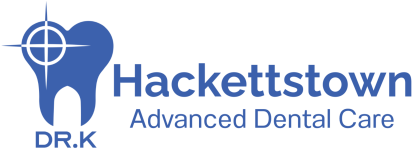– About 20 million Americans (including 6 million children) suffer from Asthma
– These medications (especially the dry powdered inhalers) are acidic and also dry out the mouth.
– Asthma patients also have a tendency to breathe through their mouth further drying out their mouth.
– When your mouth is dry, it loses the buffering capacity to neutralize acids.
– This sets up a perfect environment for cavities.
– Inhalers may also irritate the back of the mouth creating a sore that may become infected and lead to a condition called oropharyngeal candidiasis (Thrush).
Preventive Measures:
– After you use your inhaler make sure you rinse your mouth with water. If you can, also brush your teeth.
– Hydrate often. Drinking water throughout the day can counteract the effects of dry mouth.
– Skip the sugar. Cutting back on sugary foods and drinks lowers your chance of developing cavities. You might want to swap out the juice and soda for fluoridated tap water.
– Talk to your dentist. Let your dentist know that you have asthma and provide details about the type of medication you use. Your dentist may be able to recommend strategies to improve your oral health.
– Consider getting a different inhaler. Some types of asthma medication are associated with more cavities than others. Moreover, inhalers may even contain sugar to make the medicine taste sweeter. See if your doctor can help you find an inhaler that won’t put your teeth at risk.
– Stay on top of your dental hygiene. Be vigilant about brushing and flossing.
– Make sure you see your dentist every 6 months.
